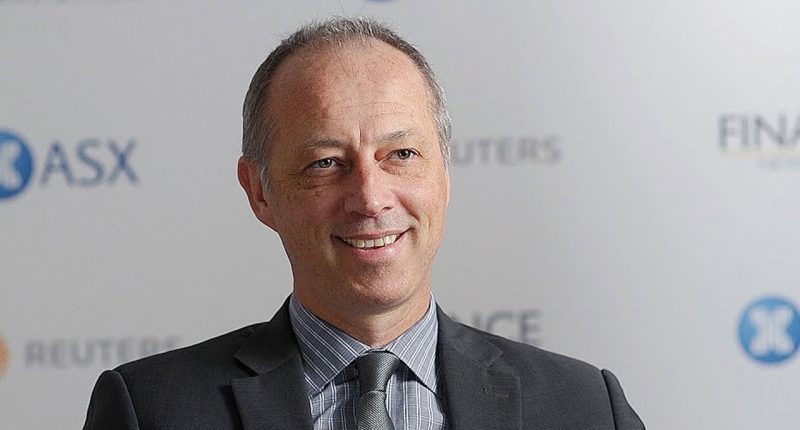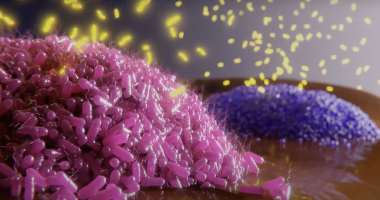- Diagnostic imaging provider Capitol Health (CAJ) reports it is well placed to navigate the testing times springing from the COVID-19 pandemic
- The company’s principal lender, the National Australia Bank (NAB), has offered continuing support through the pandemic
- The company has also deferred an interim dividend payment to maintain cash reserves
- The company is pursuing a range of cost-cutting measures to further offset the impacts of the COVID-19
- These measures represent an operating expenditure saving of around 40 per cent, consistent with the company’s downward trend in revenue
- The company has offered employees leave without pay and registered for the JobKeeper scheme, to maintain staff for a post-pandemic rebound
- Capitol Health is up 6.9 per cent today, with shares trading for 18.7 cents each
Diagnostic imaging provider Capitol Health (CAJ) reports it is well placed to navigate the testing times springing from the COVID-19 pandemic.
The company has provided an update on its financing, commercial and staffing arrangements as it braces for the full impacts of the virus crisis to become evident.
Money, money, money
The company’s principal lender, the National Australia Bank (NAB), has offered continuing support through the pandemic. This gives Capitol a fairly concrete measure of security as the virus crisis unfolds.
The company can draw on a range of funding, overdraft and equipment financing facilities, namely:
- a $60 million facility with a three-year term, maturing May 2021, drawn to $56 million
- a $40 million facility with a five-year term, maturing May 2023 – undrawn
- a $30 million Accordion facility, uncommitted – undrawn
- up to $9 million in overdraft and bank guarantee facilities, and equipment finance facilities
As at the end of March, Capitol has a net debt position of $58 million. The NAB has agreed to increase the company’s net leverage ratio – which is the ratio of net secured debt to EBITDA – from a maximum 2.5 times up to 3.5 times for a period of six months. The agreements will cover Capitol for the next six to 12 months. This gives the company ample breathing room to fund its operations and stay above water, despite potential impacts to its bottom line.
The company has also deferred an interim dividend payment to maintain cash reserves.
Commercial considerations
While the company’s performance to the end of the March quarter was in line with expectations, recent days have seen a 40 per cent decline in referrals and, accordingly, revenues. 14 smaller clinic locations across Capitol’s network have now been temporarily closed to consolidate services into nearby larger clinics.
The company is also pursuing a range of cost-cutting measures to further offset the impacts of the COVID-19 pandemic. These include seeking rent relief from landlords, deferring payments or seeking relief from government agencies including fees and taxes, ceasing all new hires and salary increases, and deferring all non-essential capital spending.
These measures, together with other management initiatives, represent an operating expenditure saving of around 40 per cent, consistent with the trend in revenue.
Importantly, the company is also offering support to the public health system with imaging as public providers cease or reduce non-urgent services, with two tertiary public hospitals in metropolitan Melbourne already directing some patients to Capitol’s clinics. The company says it will continue to play its part in assisting the health system through the pandemic.
The company can’t currently provide full-year guidance at this time, given the impacts of the virus crisis are yet to be fully felt. It is expected the demand for non-urgent diagnostic imaging services will be minimal, given the hiatus in elective and non-essential surgeries and services. Capitol believes it is of utmost importance to retain its clinic staff and imaging capacity during the downturn to enable an eventual rebound once the worst of it is over.
People problems… and solutions
Capitol has had to make staff across the business take a combination of annual leave and leave without pay, so the cost base of the business is reflective of its new operating levels. The company has also registered for the recently announced government JobKeeper scheme to allow it to keep staff on its books — and pay them — even if they’re not currently required.
The company’s Non-Executive Directors, Managing Director and CFO have also taken a 50 per cent reduction in their fees and salary to align with the financial downturn.
Capitol’s Managing Director Justin Walter says the company is in a good position, despite the tricky territory it finds itself in.
“Capitol Health is well placed to navigate the impact of the pandemic given the skills, flexibility and determination of our valued radiologists and clinic staff, long term relationships with our referrers, and dedicated management team.
“We have implemented a range of operational measures to manage through this very difficult period with an eye to ensuring we have the capacity to recover strongly once this pandemic is over,” he added.
Capitol Health is up 6.9 per cent today, with shares trading for 18.7 cents each as at 3:50 pm AEST.








